As both parties claim vindication following the ICJ ruling – less known are the important efforts of French human rights lawyer François Zimeray who filed motions at the International Criminal Court on November 3, 2023, naming the October 7 atrocities by Hamas as genocide. Listening to the families’ accounts, Zimeray recognised almost immediately that the violence described already meets the legal definition of genocide and is fairly certain it will hold up under legal scrutiny leading him to file at the ICC.
Already a subscriber? Log in
Subscribe for just $2 a week
Try a month of The Spectator Australia absolutely free and without commitment. Not only that but – if you choose to continue – you’ll pay just $2 a week for your first year.
- Unlimited access to spectator.com.au and app
- The weekly edition on the Spectator Australia app
- Spectator podcasts and newsletters
- Full access to spectator.co.uk


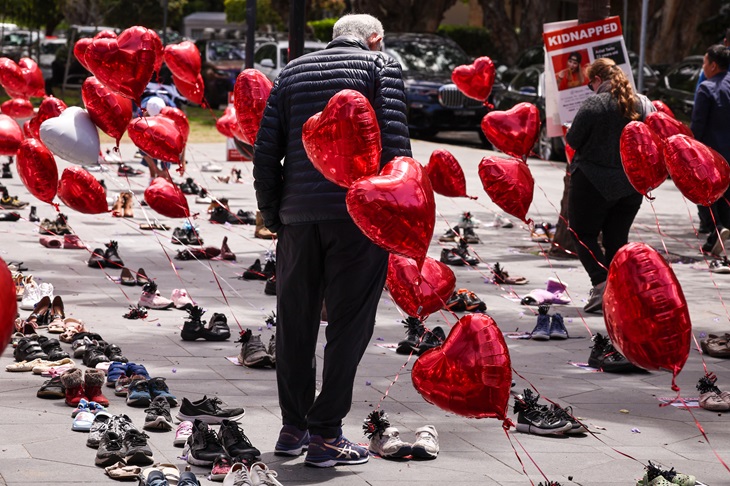
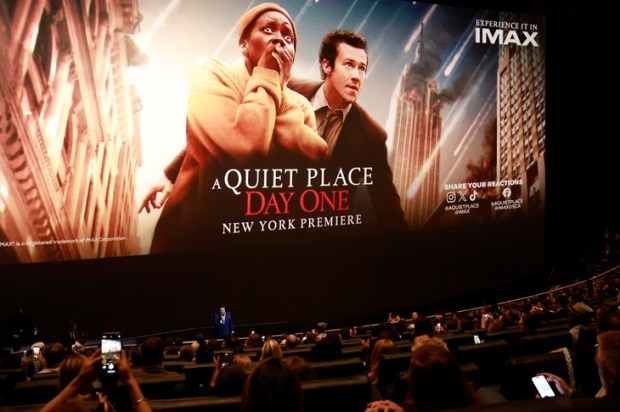
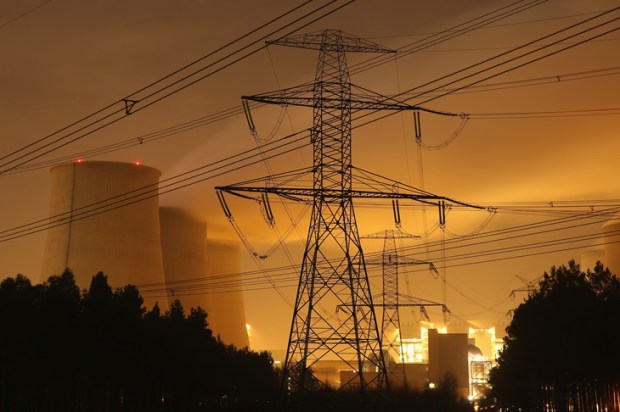

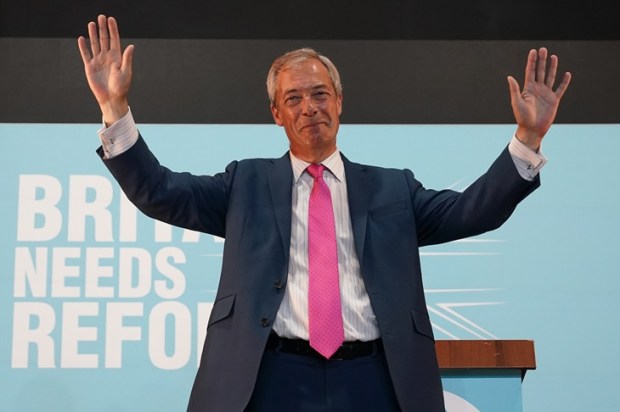
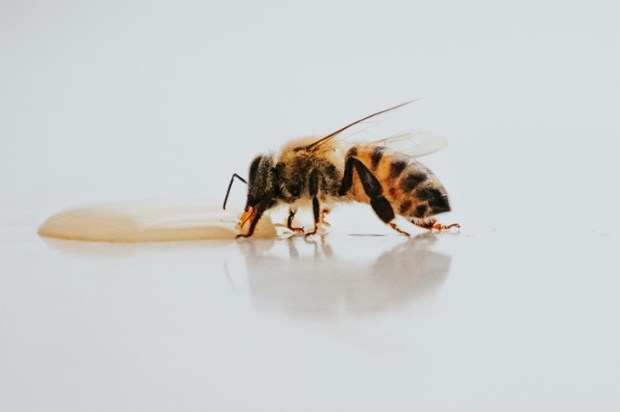
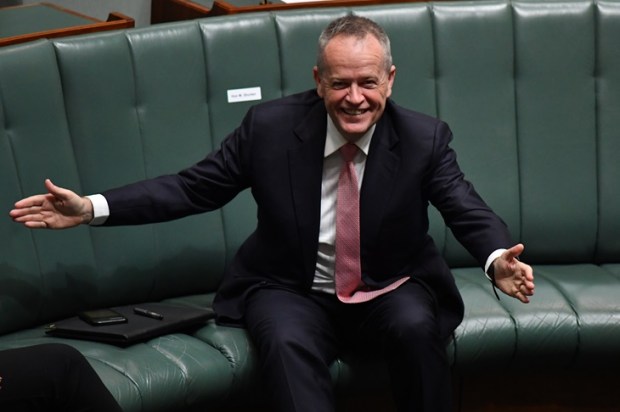


















Comments
Don't miss out
Join the conversation with other Spectator Australia readers. Subscribe to leave a comment.
SUBSCRIBEAlready a subscriber? Log in